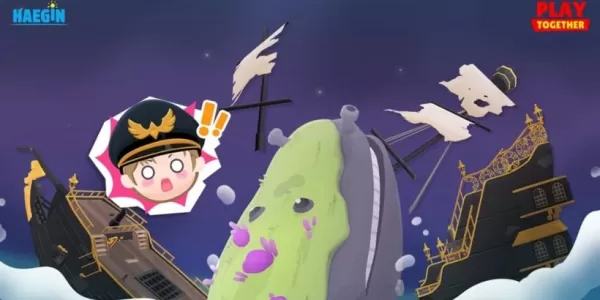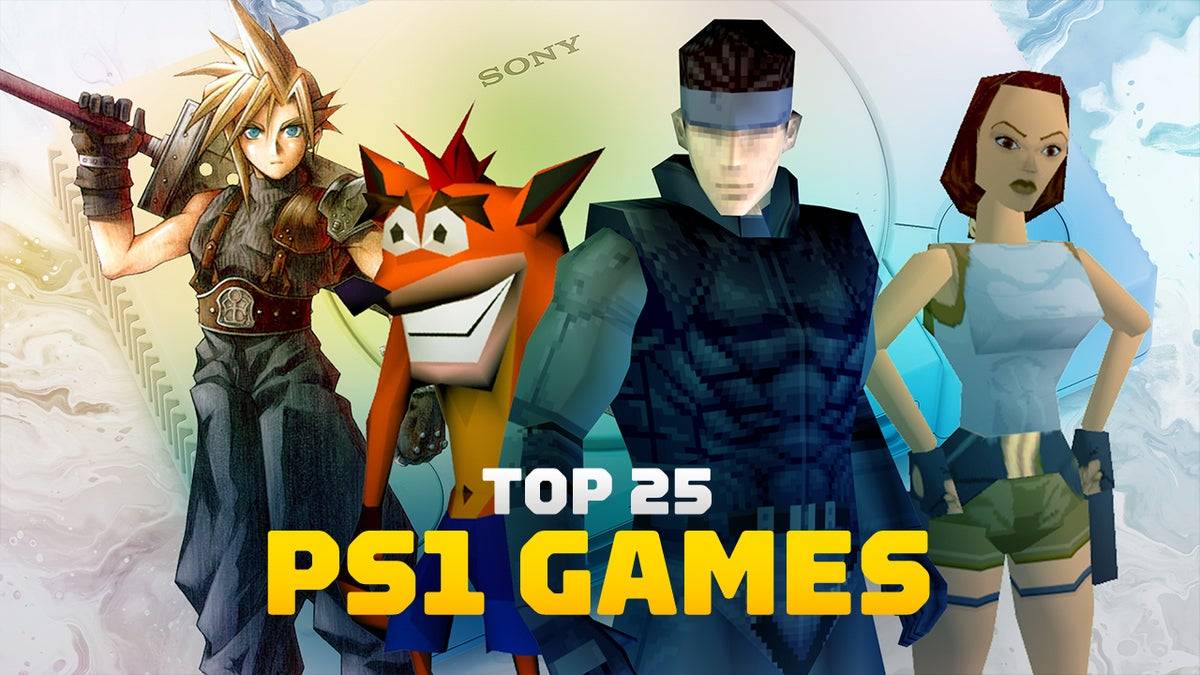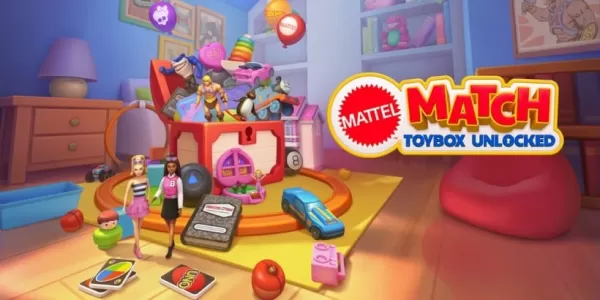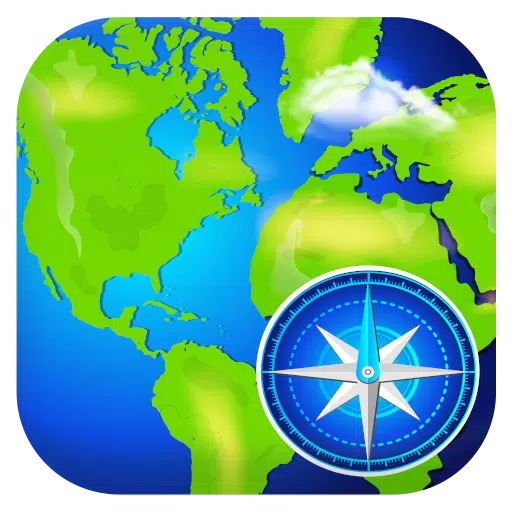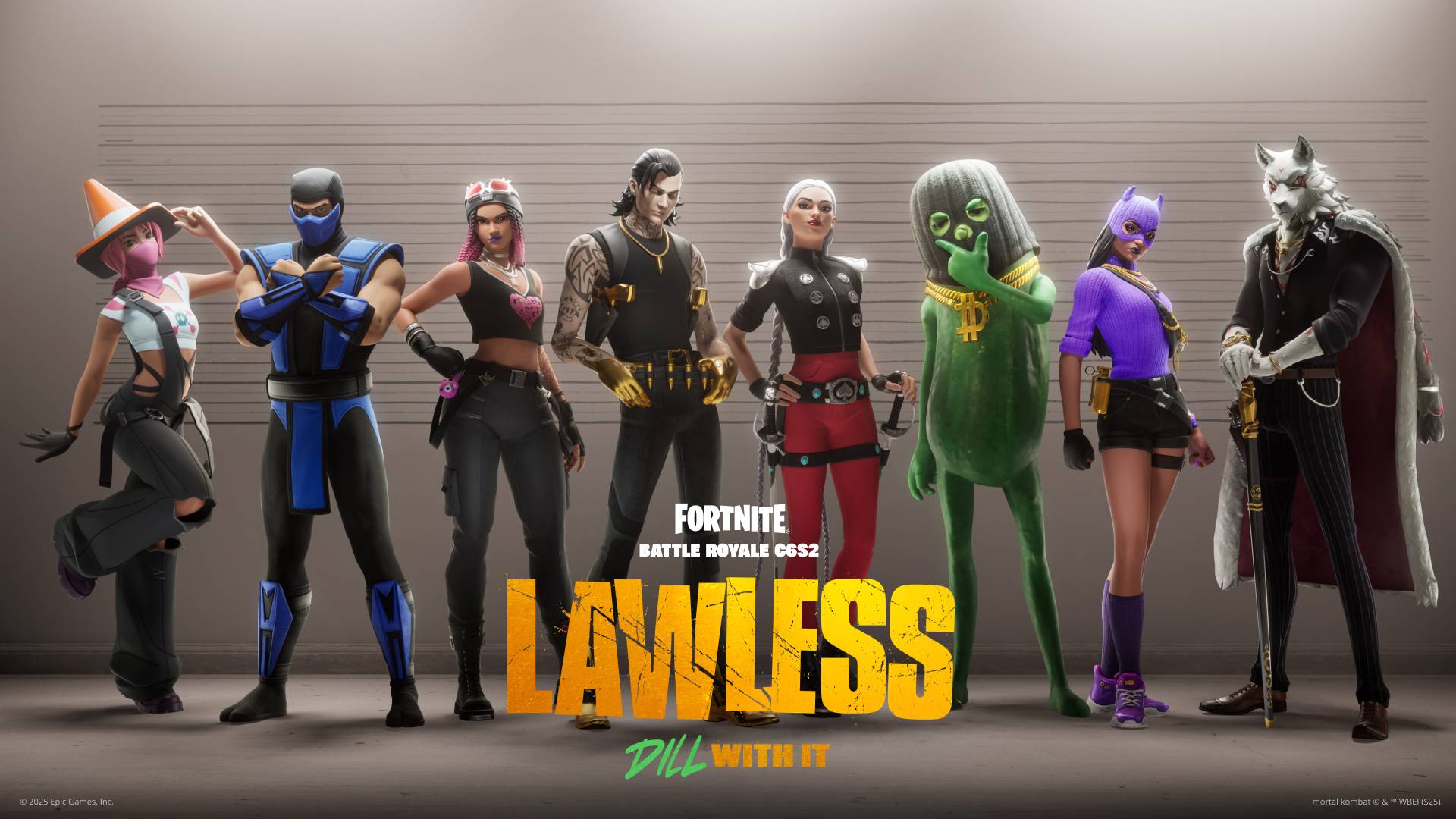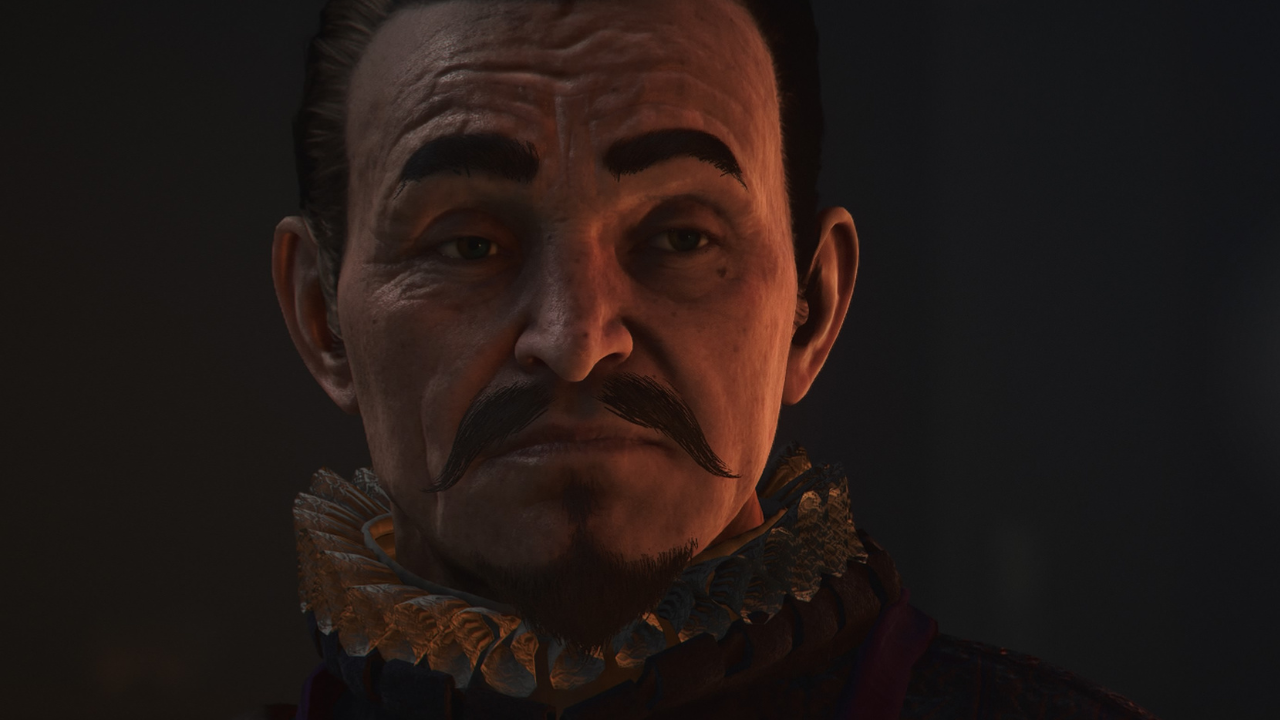Ubisoft Sued Over The Crew: Claims Buyers Don't Own Games
Ubisoft has made it clear that purchasing a game does not grant players "unfettered ownership rights," but rather a "limited license to access the game." This statement was part of their response to a lawsuit filed by two dissatisfied players of the original The Crew, who took legal action after Ubisoft shut down the game in 2023.
The original The Crew, released in 2014, became unplayable when its servers were completely shut down in March 2024. This closure affected all versions of the game, including both physical and digital copies, rendering them unusable. In contrast, Ubisoft ensured that The Crew 2 and The Crew: Motorfest had offline versions available, allowing continued play even after server shutdowns, a courtesy not extended to the original game.
Late last year, the two gamers filed a lawsuit against Ubisoft, arguing that they believed they were "paying to own and possess the video game The Crew" rather than merely purchasing a limited license. Their lawsuit used a vivid analogy, comparing the situation to buying a pinball machine only to find its components removed years later.
As reported by Polygon, the plaintiffs allege that Ubisoft violated several California laws, including the False Advertising Law, Unfair Competition Law, and Consumer Legal Remedies Act, alongside claims of common law fraud and breach of warranty. They also contend that Ubisoft contravened state laws regarding the expiration of gift cards, pointing out that the activation code for The Crew indicated an expiration date of 2099, suggesting long-term playability.
Ubisoft refutes these claims, stating that consumers were fully aware at the time of purchase that they were acquiring a license, not ownership. Their legal team emphasized that the packaging on Xbox and PlayStation clearly stated, in all capital letters, that Ubisoft could cancel access to online features with 30 days' notice.
In response to the lawsuit, Ubisoft has moved to dismiss the case. Should the motion fail and the lawsuit proceed, the plaintiffs are seeking a jury trial.
It's noteworthy that digital marketplaces like Steam now explicitly warn customers that they are purchasing a license, not a game. This change followed a new law signed by California Governor Gavin Newsom, requiring digital marketplaces to clarify the nature of such purchases. While this law doesn't prevent companies from removing content, it ensures consumers are aware of the limited nature of their purchase before buying.







